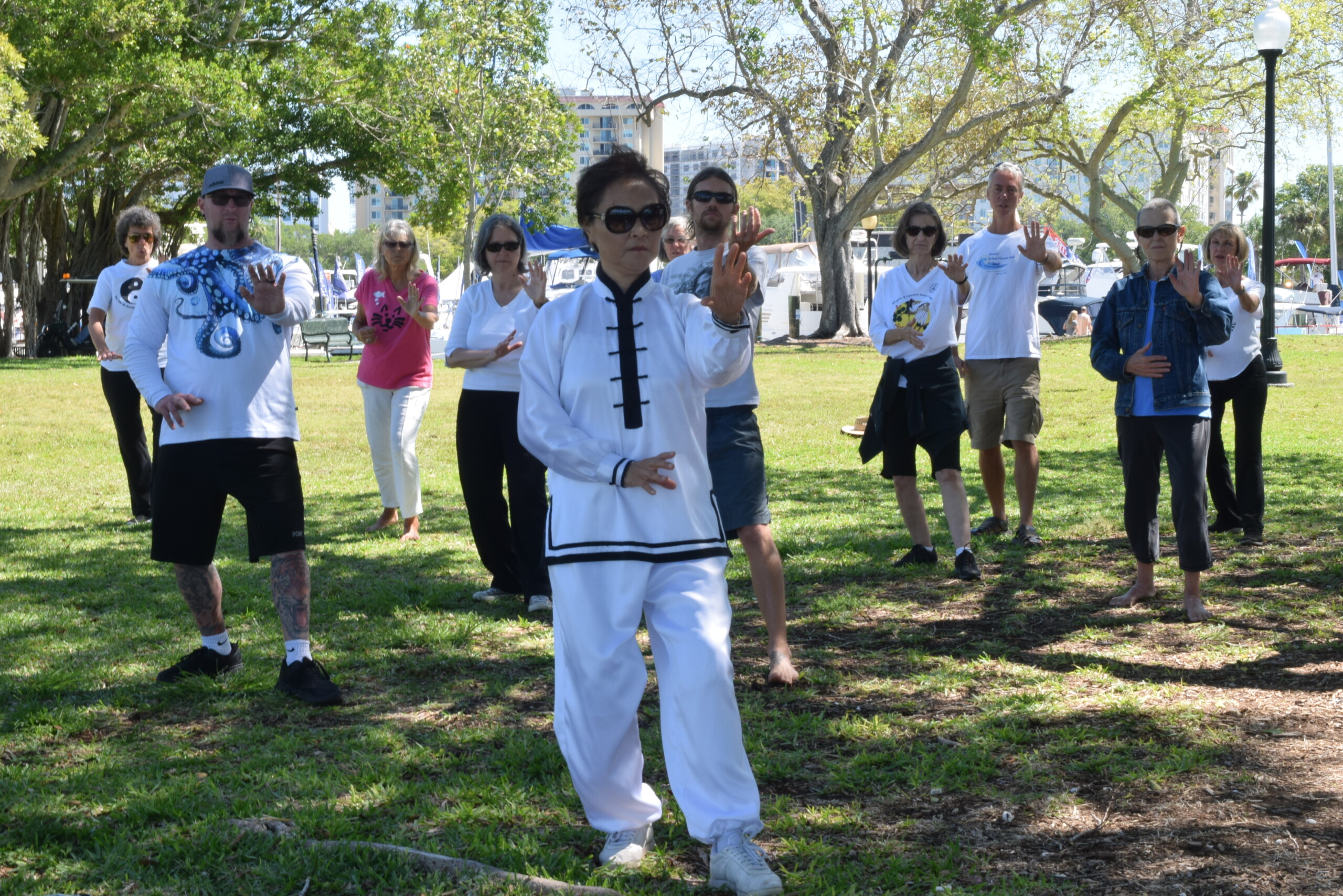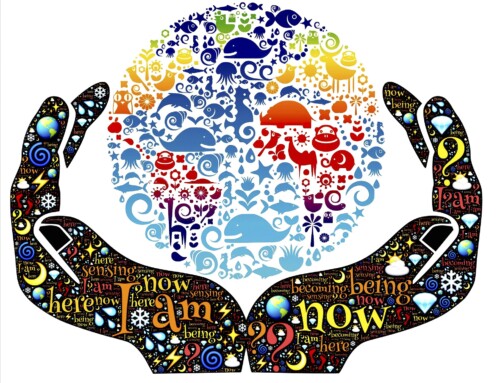Many people practice Tai Chi for balance, meditation, energy, and other physical benefits. But not many people know how Tai Chi can assist in the healing of depression.
Recently I had a Tai Chi student (Dr. Joan Listernick, an instructor in French at Boston University, Ph.D. in Romance Languages from Boston College) who is working in the Boston area ask me some questions about Tai Chi for Depression.
I thought it might be useful to share these questions/answers with my readers, and it may benefit any sufferers from depression, anxiety, or other emotional imbalance. In this challenging time, I do recommend people to start to practice Tai Chi/Qi Gong to gain strength, inner peace, and ability in dealing with the worldwide & domestic stress.
Dr. Joan Listernick:
How do you get feedback from students who do your tailored form of tai chi? Is it verbal/informal feedback? Have you done any surveys? Do you see the results? Is it most effective for students with particular characteristics? What kind of research would you like to see on tailored forms of tai chi for depression?
Dr. Aihan Kuhn:
From my observation, students who took this class over a year had significant improvement in their overall emotional health: more laughing, joking, happy, more positive, better social skills, and more creative. Their energy changed in all areas: physical, mental, emotional.
Students become more open, more activities in their life. It is a journey people need to continue to practice and move on a deeper level. But if they stop the practice, their symptom may come back. If taking an anti-depressant, the doctor asks them to take it for a long time, but the side effects may cause other problems.
I would like to see some research on Tai Chi for depression in a long term study to see the results of true healing: no more anti-depressants at the same time maintain a balanced emotion. The key to achieve this is to incorporate some warm-up exercise or brain fitness exercise, Tai Chi 16 steps, and Qi Gong. The participants should have a regular practice.
Dr. Joan Listernick:
Is this a form you created, or did you take parts of it from existing forms? What forms did you draw on to create this new form for depression?
Dr. Aihan Kuhn:
I created this specific form drawn from some Yang style and some from Chen style, which I have studied for many years. After seeing so many people suffering from depression and emotional struggle, I decided to use this form for my own little study to see if it works. It worked! Again, they need to practice consistently, not occasionally.
Dr. Joan Listernick:
I am trying to understand the relationship between the movements in the form and the effect sought: how the form elevates heart energy and opens liver energy. If this relationship is explained in another book or article, please would you give me the reference. Please would you give an example of how one or two movements affect the organs.
Dr. Aihan Kuhn:
It is not just one movement or two movements. It is the complete form that promotes the smooth flow of energy. The smooth energy flow in the body affects the body, brain, spirit, and emotion in a very positive way. You can find some information from my book “True Brain Fitness.” You may also find some useful information form my book “Tai Chi in 10 Weeks.”
Both Tai Chi and Qi Gong activate Vagus nervous system, which has excellent benefits to the organ system: reduce heart rate, reduce BP, promote digestive function, balance emotion, etc. But this particular Tai Chi form seems to have more influence in Vagus nervous system. There are so many benefits from healthy Vagus nerve; you may find some useful information on this website.
The western learning style views things individually; the eastern learning style views things as a whole. By holistically addressing issues, individual problems become less and less.
Dr. Joan Listernick:
Do you recommend that people with depression, in addition to doing this form, also do other forms or chi gong? Are you concerned that if a student focuses on the tailored forms alone, other co-morbidities might not be helped? Or, is this not a problem?
Dr. Aihan Kuhn:
Students can either focus on one form to have a deeper understanding or practice other forms to widen their knowledge. Or incorporating some Qi Gong practice can help them understand how healing works. It is about an understanding of how Qi works, a smooth Qi flow through the whole body must nourish the organ system. Again, in the western terms: the Vagus nerve activation







